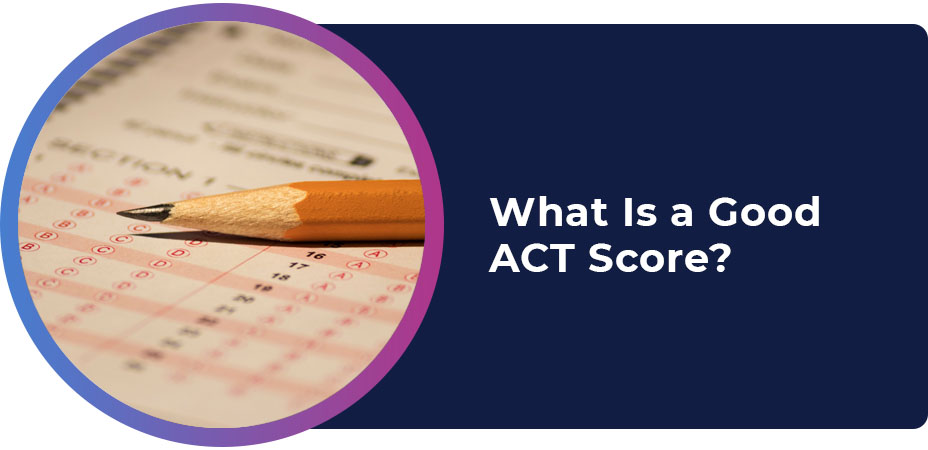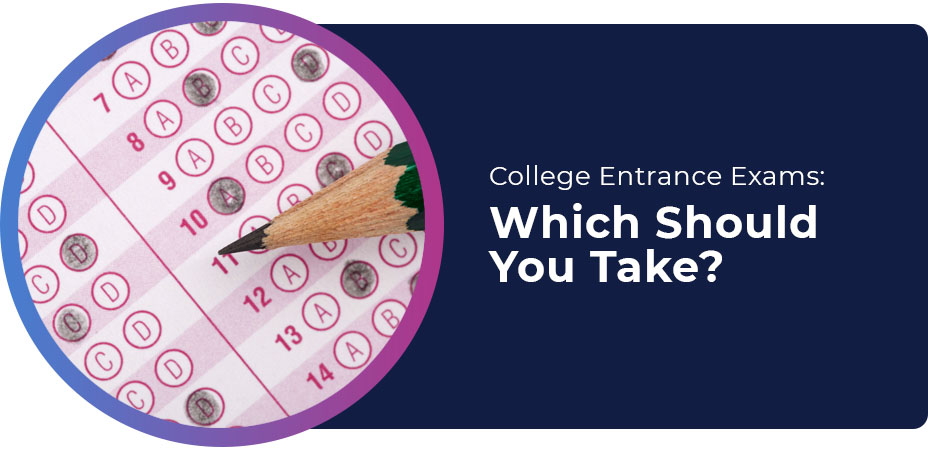Summary: Ways to reduce test anxiety when you have a big exam on the horizon.
Higher education is just that, an elevated education experience. And with all the extras—extra classes, extra hours, extra study time, extra expectations—comes the extra prep work needed for tests. No matter what your confidence level, it always helps to dial in your habits a little bit more to maximize your chances of scoring high. Read on for how to reduce test anxiety with these tried-and-true tips and get into an “I got this!” mode.
College vs. High School Exams
No one really likes taking a test (often the stuff of literal and figurative of nightmares). While you probably survived multiple choice or true-and-false tests in high school, college course exams differ. You still may see some multiple choice or true-and-false questions, but the majority of college exams will expect you to think and respond critically to questions or problems.
College exams, rather than asking you to recall facts, will focus more on how to apply that knowledge to a problem or situation. Some college exams may be individual or group projects that also ask you to demonstrate knowledge you have gained in the course. College exams too are often heavily weighted and may affect your grade in the course.
1. Create a Study Routine
Once you receive a course syllabus, work backwards from the date of all major exams to at least five to seven days ahead. Mark your calendar or a scheduling app with the date to begin studying for the exam. An Ohio University website recommends giving yourself at least five days to study for an exam rather than cramming at the last minute (pulling that all-nighter can actually impair cognitive function). Sleep is your friend when it comes to an exam so plan ahead.
You can use various methods to learn so find your preferred study method:
- Take notes in class and from the textbook
- Discuss or repeat main ideas aloud
- Review class material again each evening to solidify concepts. Study with a classmate or a study group.
Don’t wait until the last minute to learn material which will only lead to test anxiety but rather, study information in chunks as you are introduced to it. Dr. Robert Hatch, a professor at the University of Florida suggests that students should study about two to three hours for every one hour of class time.
2. Attend Classes, Ask Questions
While it’s easy to find excuses to skip class, it’s important to attend classes regularly. Some professors test on information only presented in class and not from textbooks or readings. The professor may also announce test study sessions or give information about what types of questions or problems are on the test. As the test date nears, if the professor does not discuss the scope of the test, ask questions about the test in class or visit the professor during office hours.
3. Hydrate and Prioritize Nutrition
You’re going to want to refill your water bottle before reading this. Research shows that being dehydrated impairs brain function. Even a 2% decrease in hydration can cause short term memory loss and trouble with math computation. Certain beverages like coffee and alcohol can actually contribute to dehydrating the brain; the best hydrating beverage for brain clarity is water, especially during periods of stress or anxiety.
Your brain also needs high quality food to function. Harvard Medical School reported diets high in sugar and junk food can lead to inflammation, impaired brain function, and even cause depression. Fueling for brain function can include eating lean proteins, fruits, and vegetables, and don’t forget the Wheaties! Eating breakfast before an early morning test can also positively impact concentration, memory, and alertness.
4. Take Exercise Breaks
If you are hunched over a textbook or computer for long periods of time, it’s important to take regular breaks. During peak exam times, it’s easy to put movement-based on the back burner, but going a short walk or doing a twenty-minute exercise video pays off. The University College of London reports that exercise contributes to mental clarity, concentration, and alertness.
5. Give Your Brain the Breaks It Needs, Too
Despite your best efforts, you may still experience mental or physical anxiety during an exam. Sweaty palms, brain fog, racing heart, negative thoughts, and vague anxiousness are all signs of test anxiety. One useful strategy is to practice simple deep breathing exercises or meditation before an exam. The calming effects of deep breathing exercises or meditation can last throughout the test in real time. Deep breathing and meditation are skills that improve with practice and consistency.
If stress and anxiety continue even with test preparation and personal interventions, it’s time to seek help. You are not alone if your stress persists. The Best Colleges website reports that 89% of students say that academic challenges affect their mental health and 35% or over one-third of students experience anxiety.
Seek out resources that can improve your mental outlook and reduce your anxiety. All colleges have health or mental health centers and are experienced in treating student stress and anxiety. Resident or dorm advisors and undergraduate collegiate advisors can also offer support and suggest resources.
Leaning Into Your Habits = Test Confidence
A routine study schedule is one of the best ways to offset test anxiety. Getting adequate sleep, staying hydrated, eating well, getting physical activity, and practicing relaxation techniques can all improve your mental readiness, sense of wellbeing, and cognitive function during a test—lean into the habits that will best support in the day-to-day and before big milestones like exams. You’ve worked hard to get to this point, so appreciate how far you’ve come and keep building towards the results you want to achieve. Want to share your favorite ways to build test confidence? Join the conversation in our Higher Education groups in the Tallo Community!







